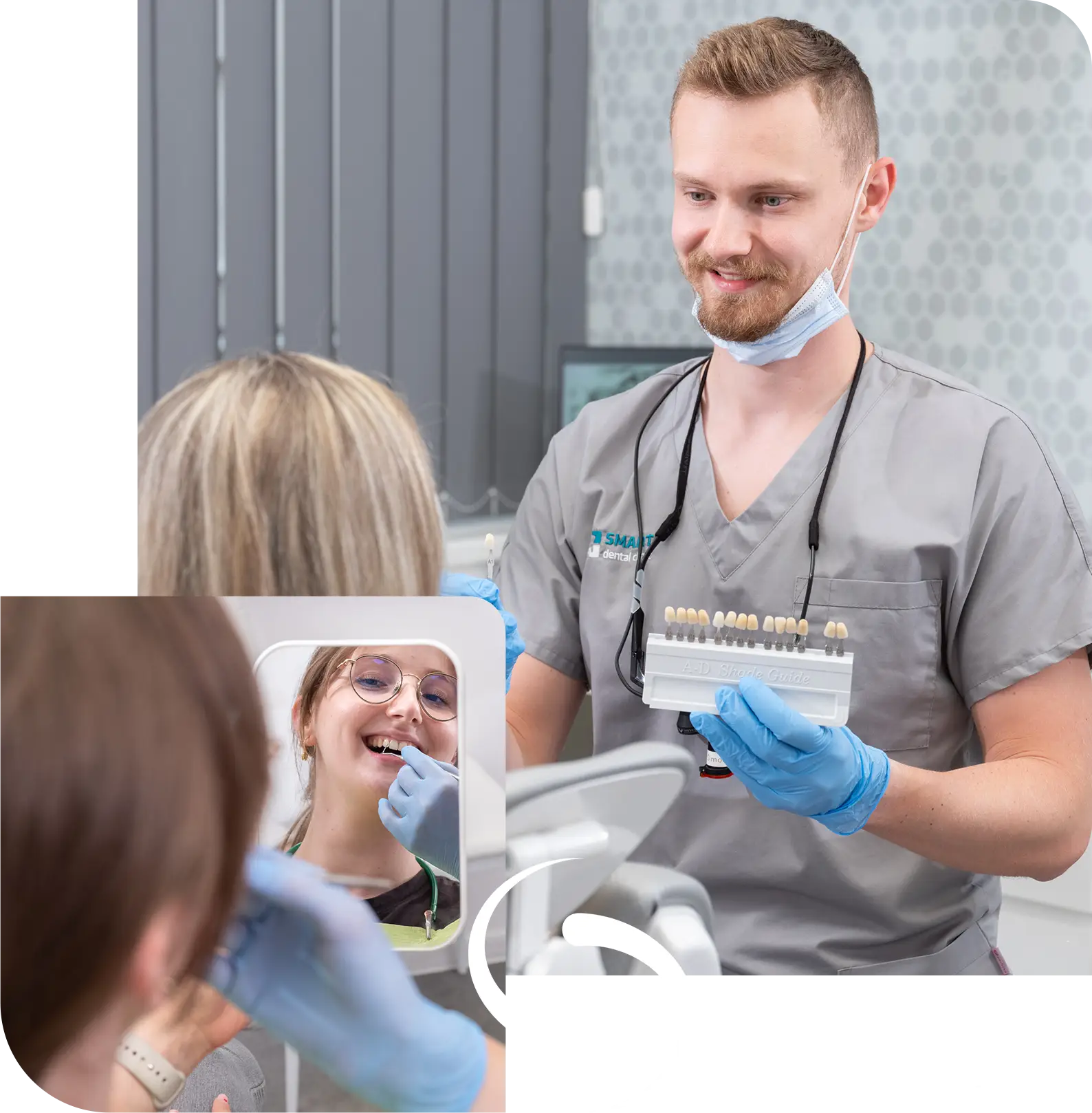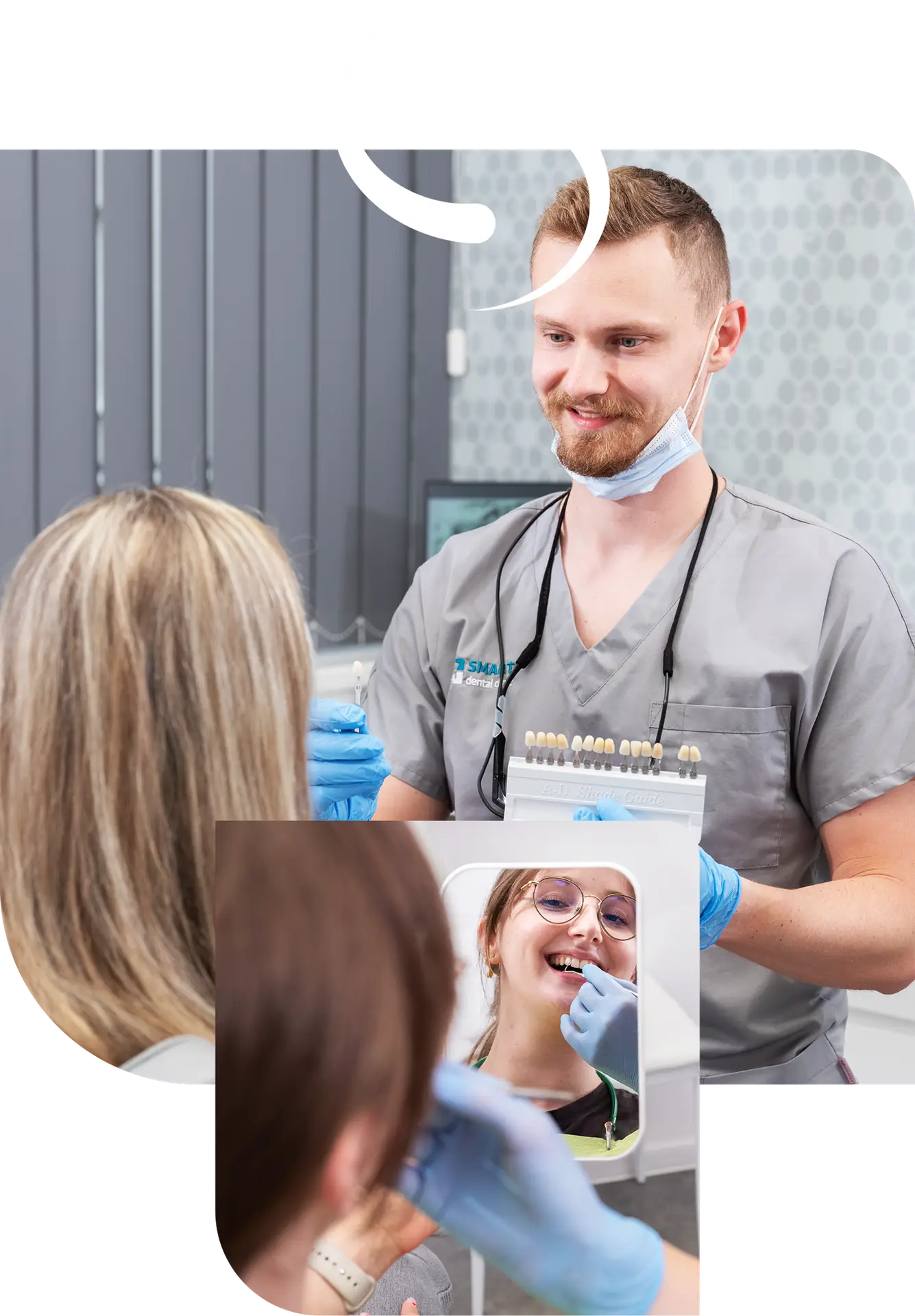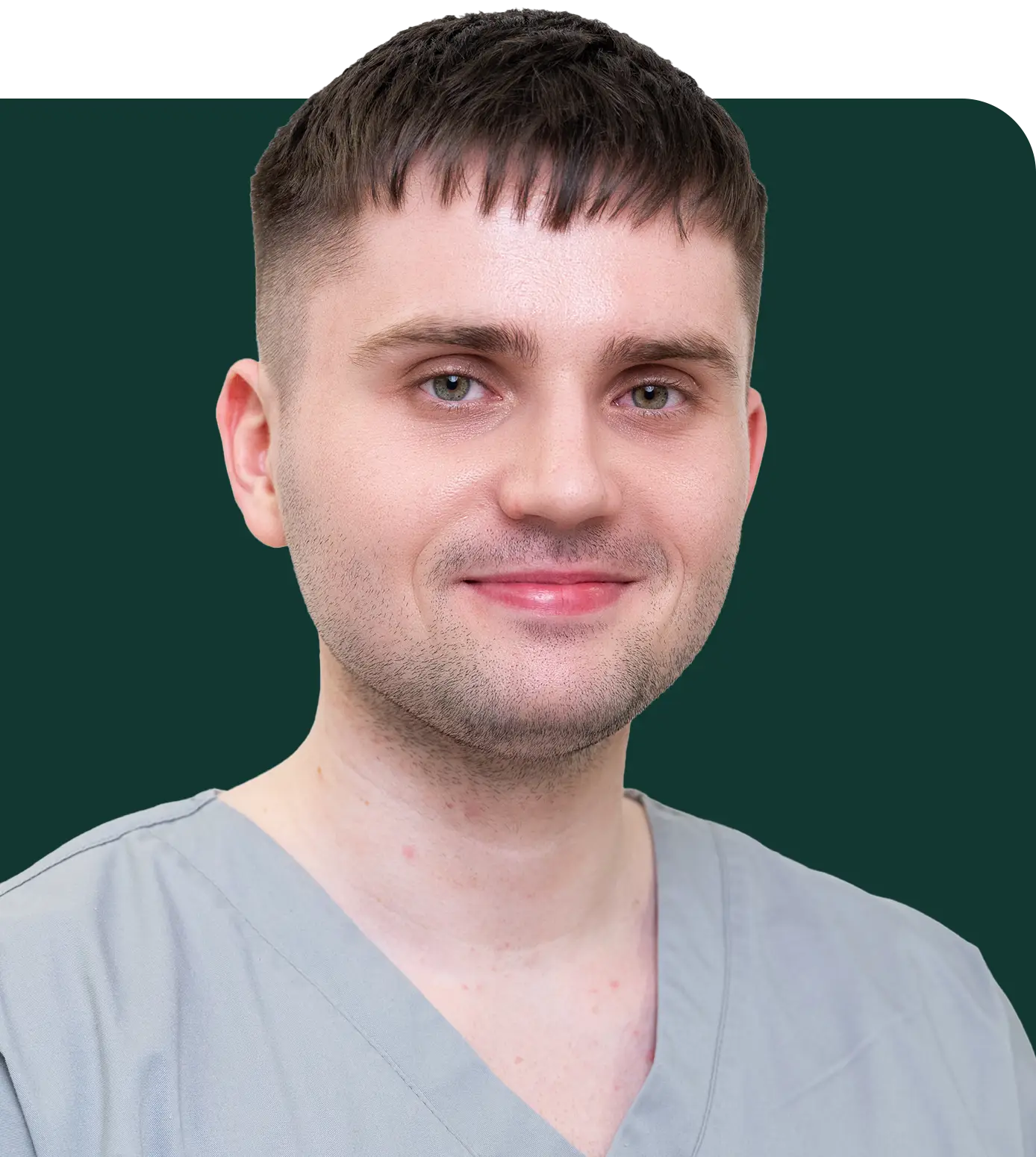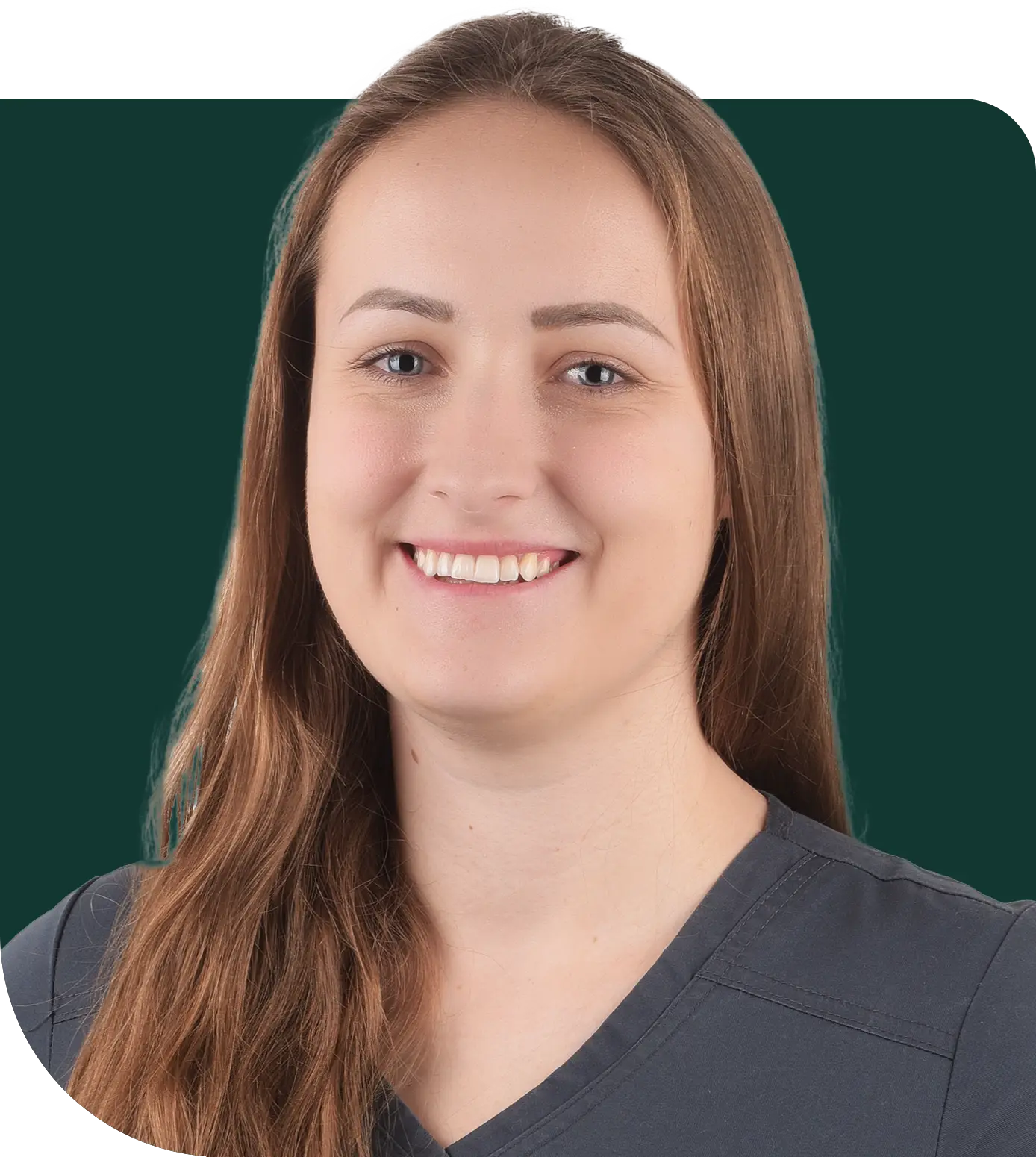Zubári spokojných
Odbornosť. Ľudskosť. Inovatívnosť.
Používame nadštandardné postupy ošetrenia a najmodernejšie materiálno-technické zabezpečenie. Kladieme dôraz na kvalitné, bezbolestné ošetrenie v príjemnej atmosfére našej zubnej kliniky. Zubná klinika Smart Dental – všetky dentálne služby pod jednou strechou.

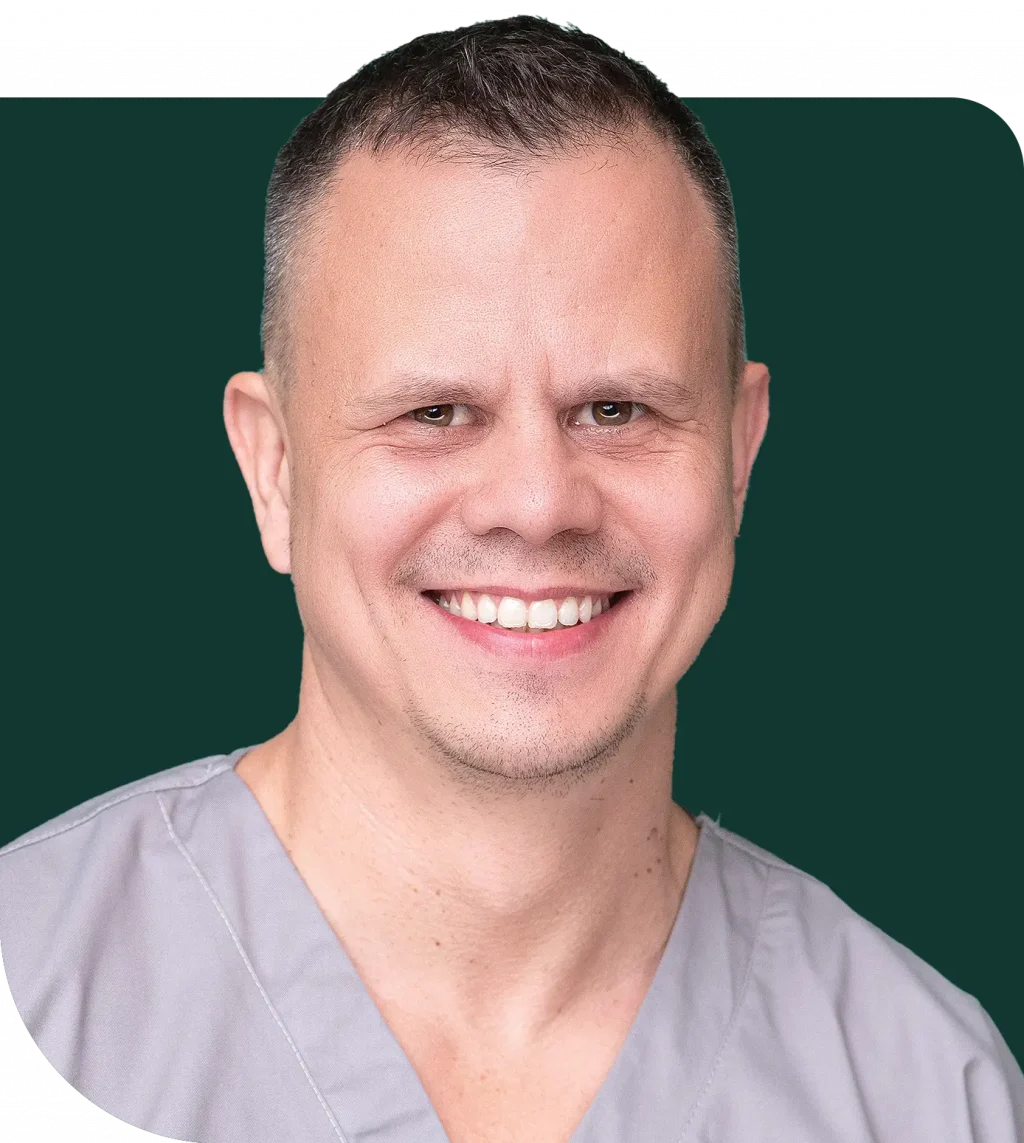
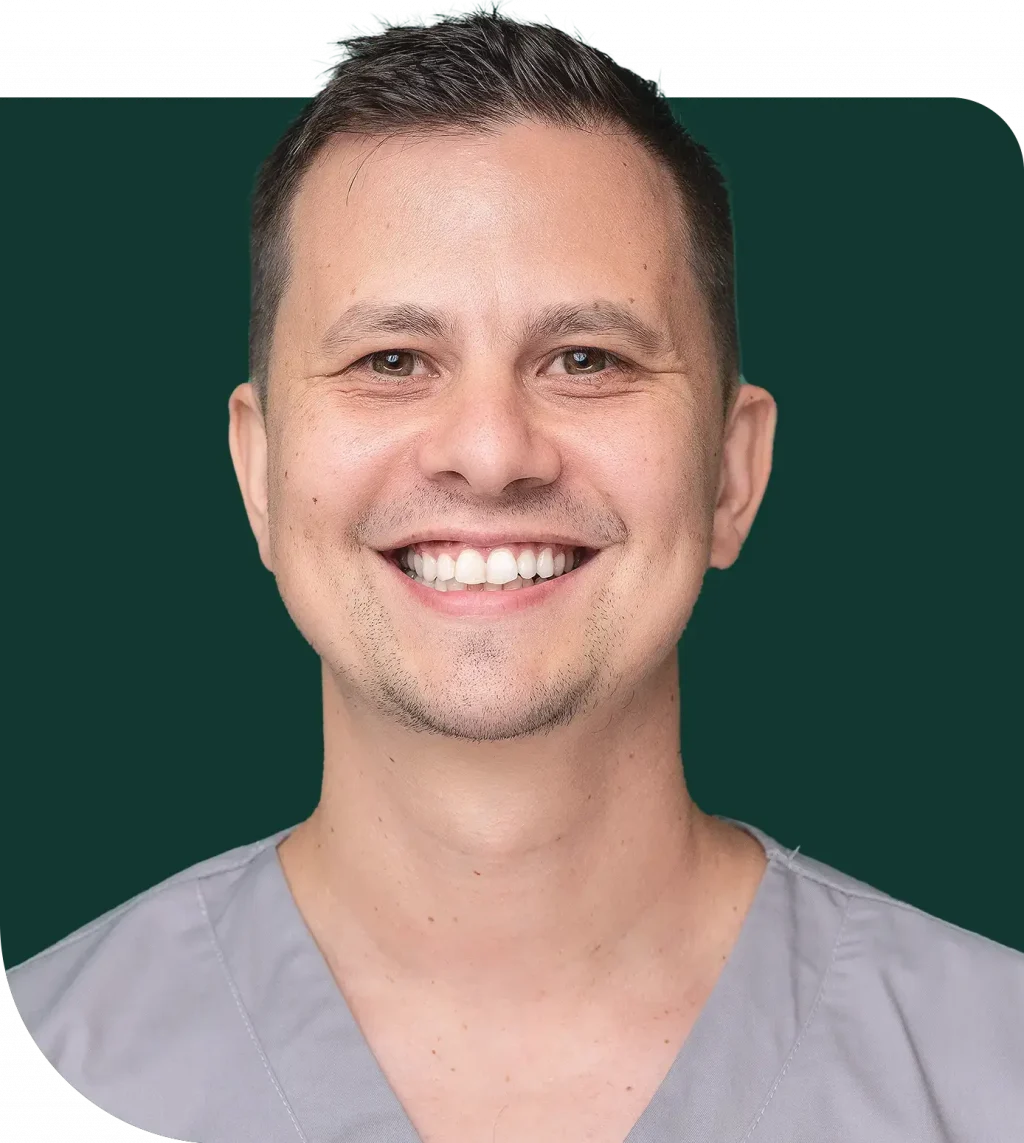
Poskytujeme
špičkové služby
Preventívna
prehliadka
Stávajúcim klientom odporúčame navštíviť nás aspoň každého polroka na 20 minút.
Vstupná
prehliadka
Noví klienti automaticky získavajú registráciu a vstupnú prehliadku zadarmo.
Zubné
implantáty
Potrebovali by ste nový zub? Rekonštrukciu celého chrupu? Zubné implantáty sú riešenie!
Zubné
náhrady
Protetické riešenia, ktoré esteticky upravujú deštruované zuby a riešia funkčné problémy pri strate zubu.
Dentálna
hygiena
Profesionálne vyčistenie zubov s detailnou inštruktážou domácej starostlivosti.
Zubné
fazety
Minimálne invazívne, dlhodobé estetické výsledky šité na mieru a minimálne čakanie na výsledok.
Objednajte sa na bezplatnú konzultáciu!
Vydajte sa s nami na cestu za krásnym a zdravým úsmevom pomocou služieb vybraných na mieru pre vás.
Prečo si vybrať
Smart Dental?
Slovenské
zázemie
Nie sme investorský projekt zo zahraničia. Smart Dental je slovenská značka. Majiteľmi a manažérmi sme my, lekári, ktorí vás denno-denne ošetrujeme.
Overená
značka
Ako prvá značka súkromných zubných kliník na Slovensku sme kolektívne dosiahli viac ako 1000 online recenzií od našich klientov s celkovým hodnotením 4.9 z 5.
Rozhoduje
klient
Pred akýmkoľvek vykonaným zákrokom klient získava kompletný prehľad o svojom zdravotnom stave a návrh plánu liečby či riešenia problému.
Transparentná cenotvorba
Je pre nás dôležité, aby mal klient celkový a jasný prehľad o očakávaných nákladoch. V Smart Dental vás nič neprekvapí. Vy rozhodujete o svojej investícii.
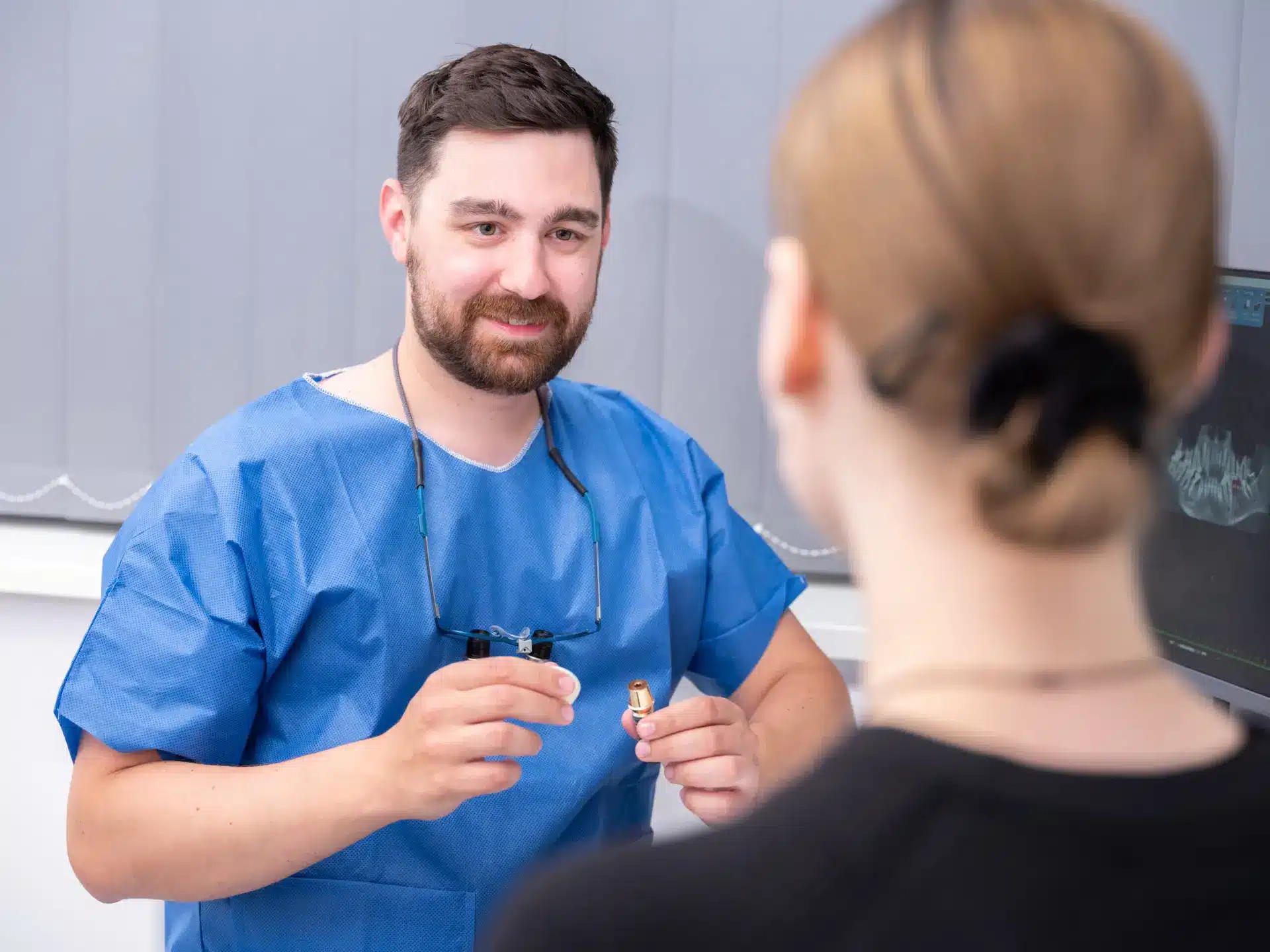
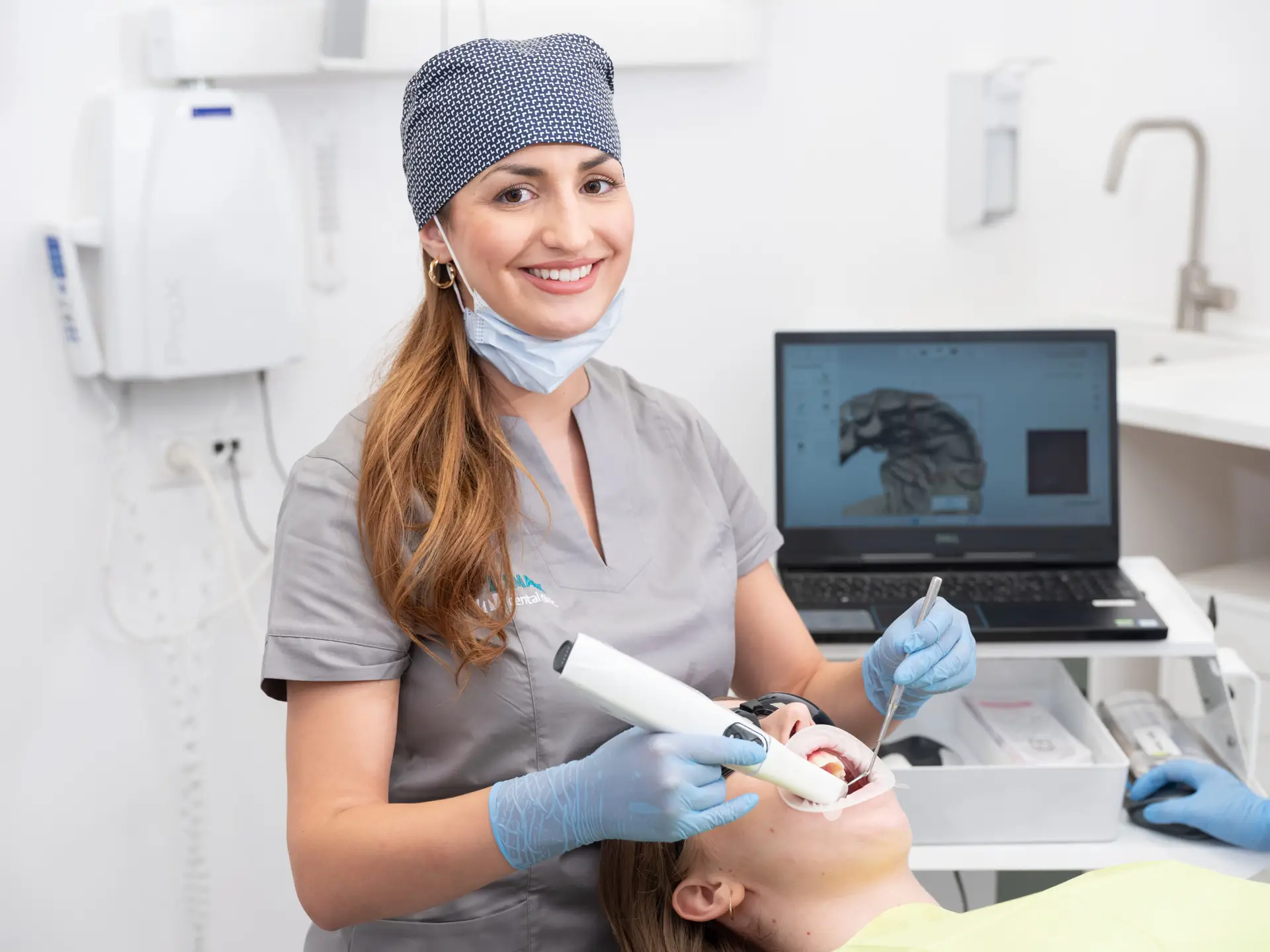
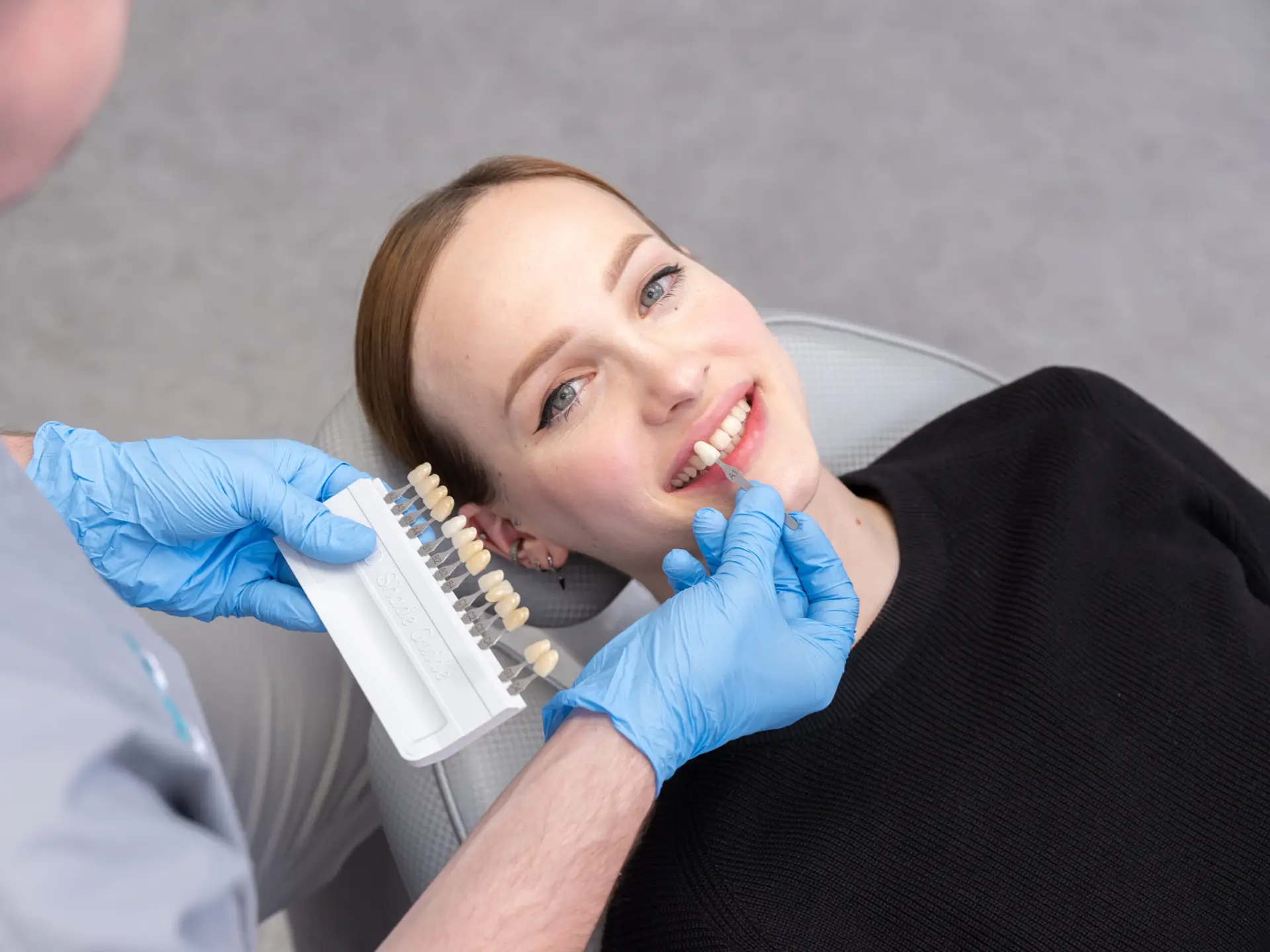
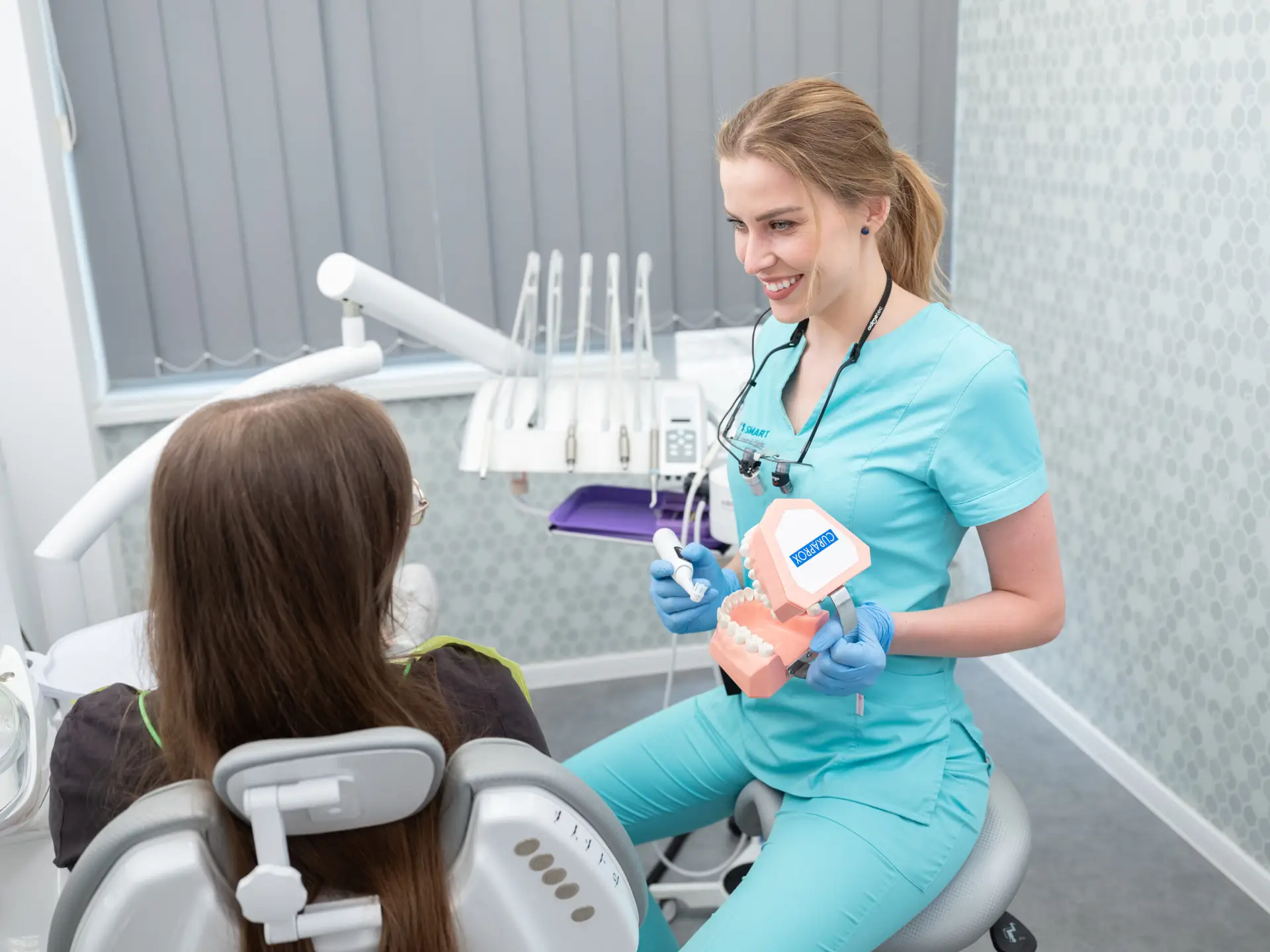
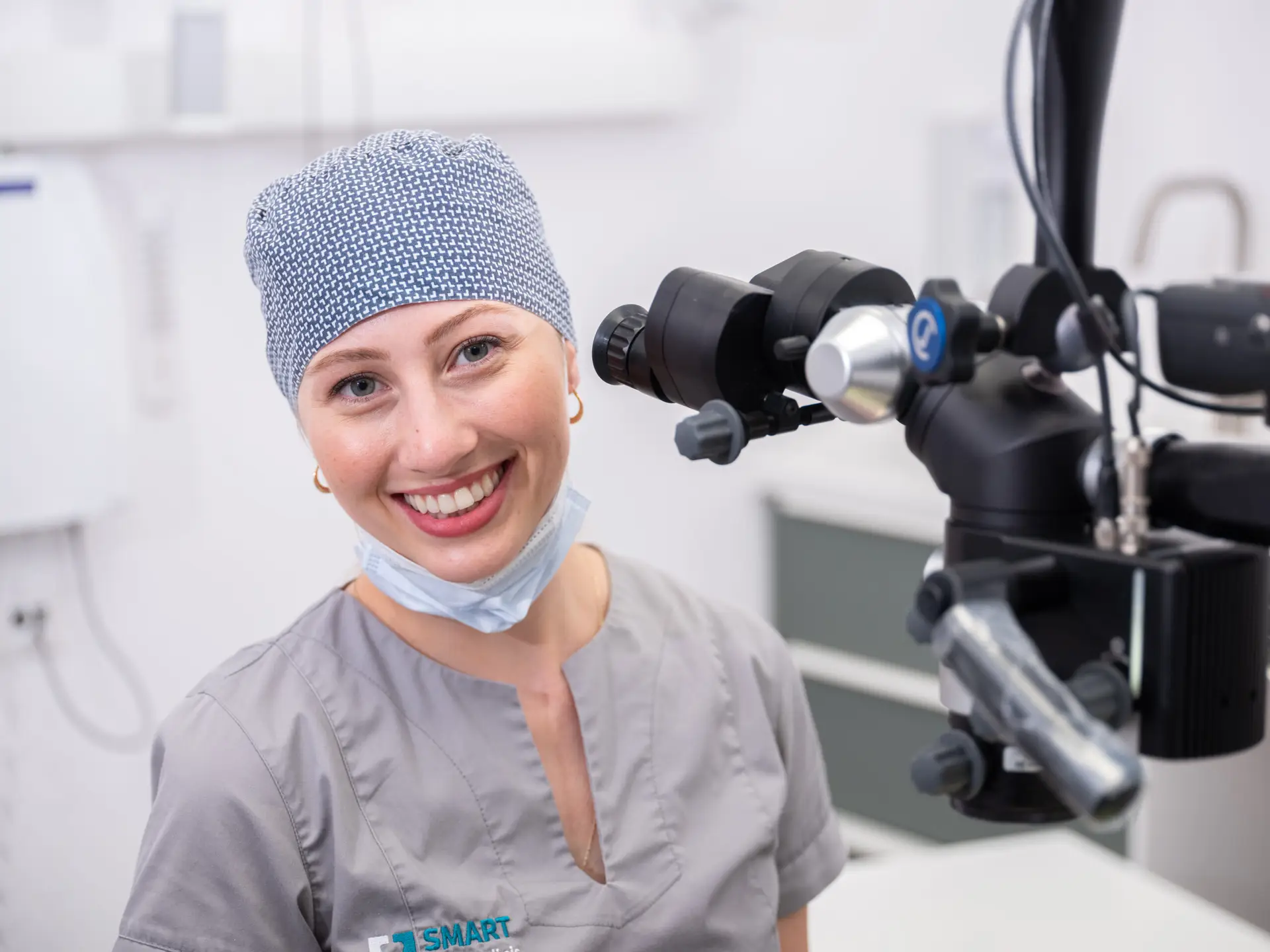
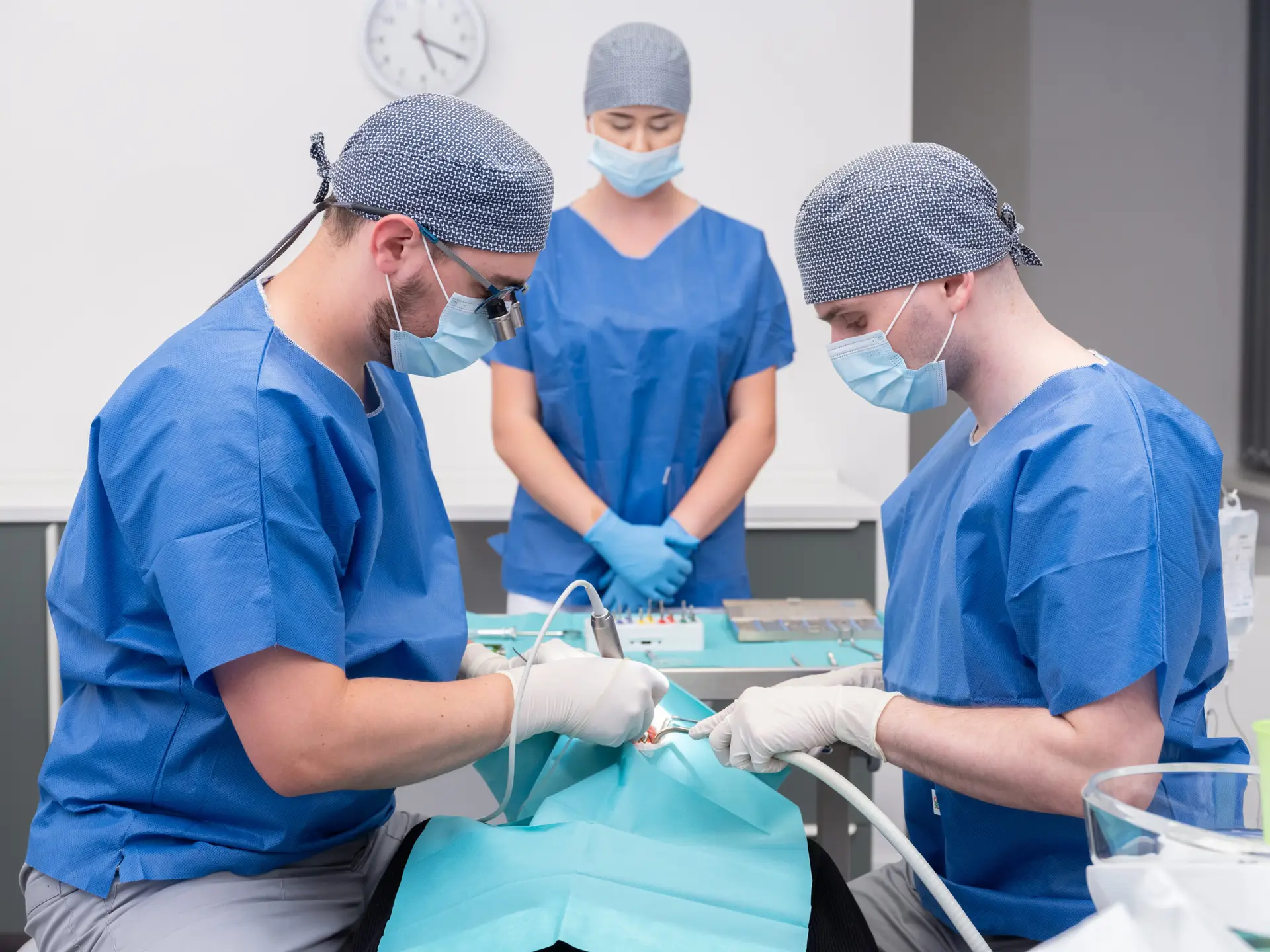
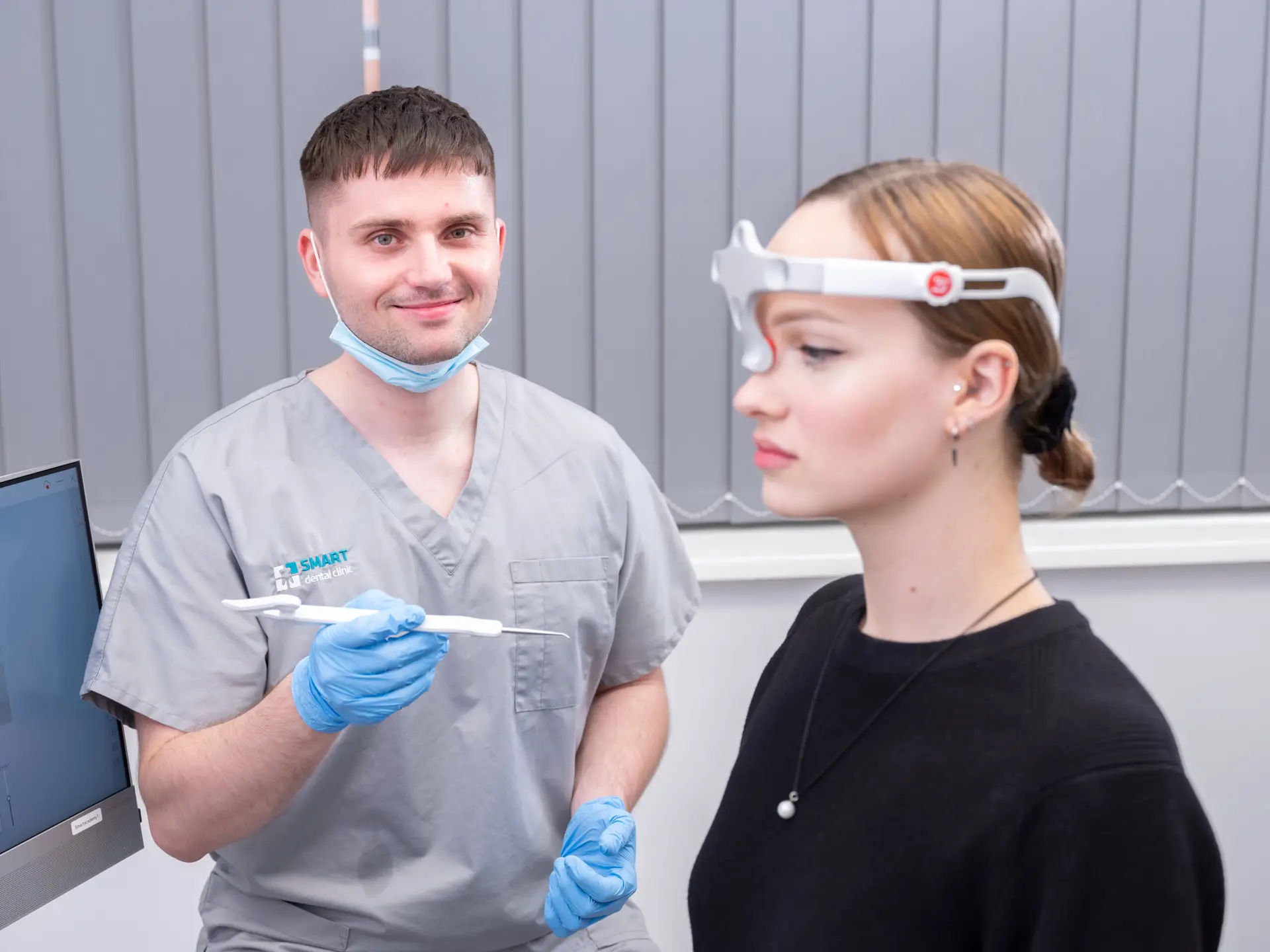
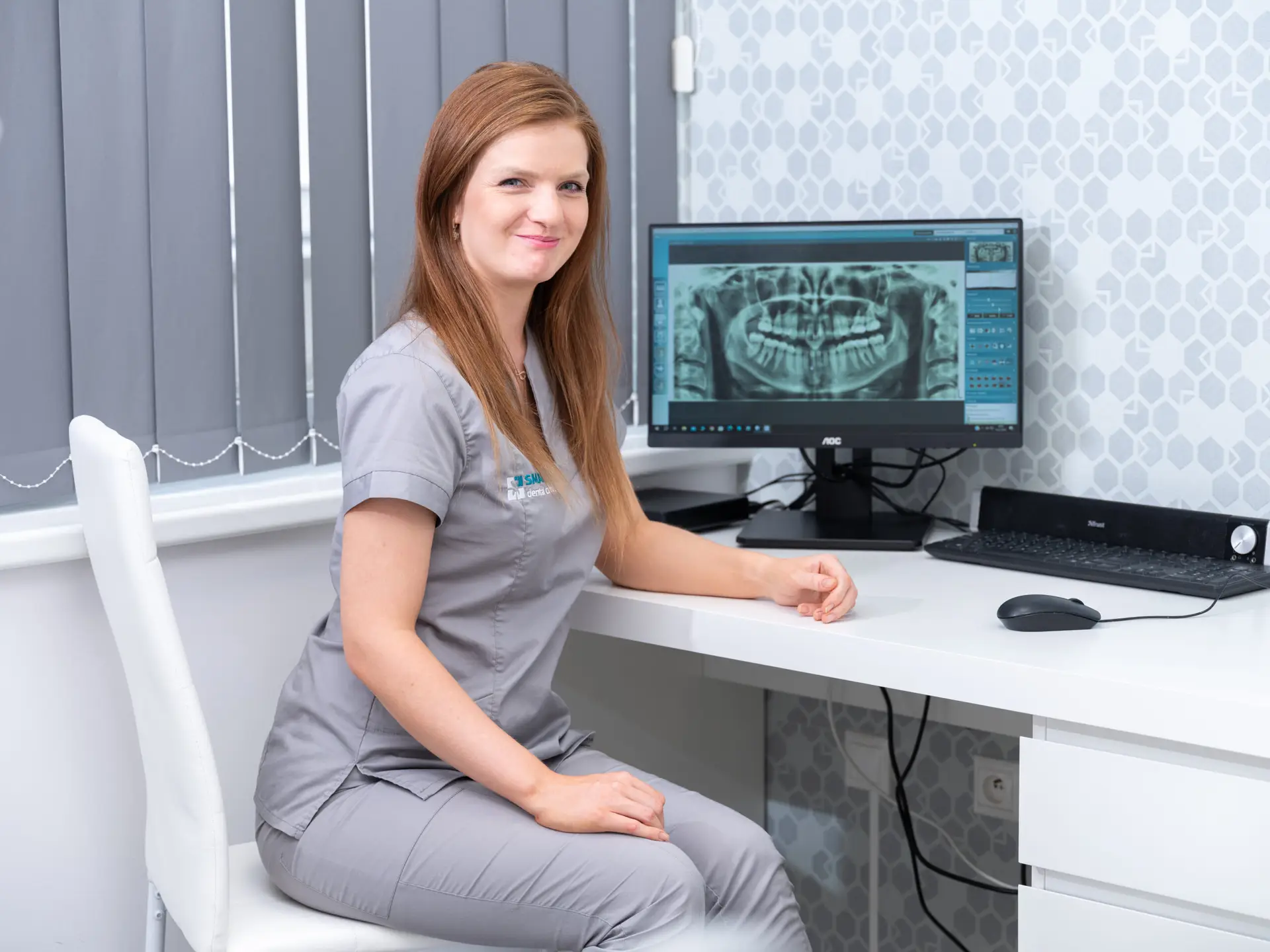
Vsádzame na dlhodobú
spoluprácu
Sme skúsený tím zubných špecialistov vo svojom obore s dlhoročnými skúsenosťami.

Bc. Fujaková Daniela

Mária Blichová

Zuzana Reginová, DiS.

Natália Faixová

Nikola Krupská
Manažérka kliniky

Michala Rybárová
Prevádzková manažérka

JUDr. Jana Ždiňáková
Administratíva

Romana Španíková
Recepcia

Petra Mellenová
Recepcia

Martina Felberová
Recepcia

Ing. Daniela Žoldáková
Recepcia
Vsádzame na dlhodobú
spoluprácu
Sme skúsený tím slovenských zubných špecialistov vo svojom obore s dlhoročnými skúsenosťami.
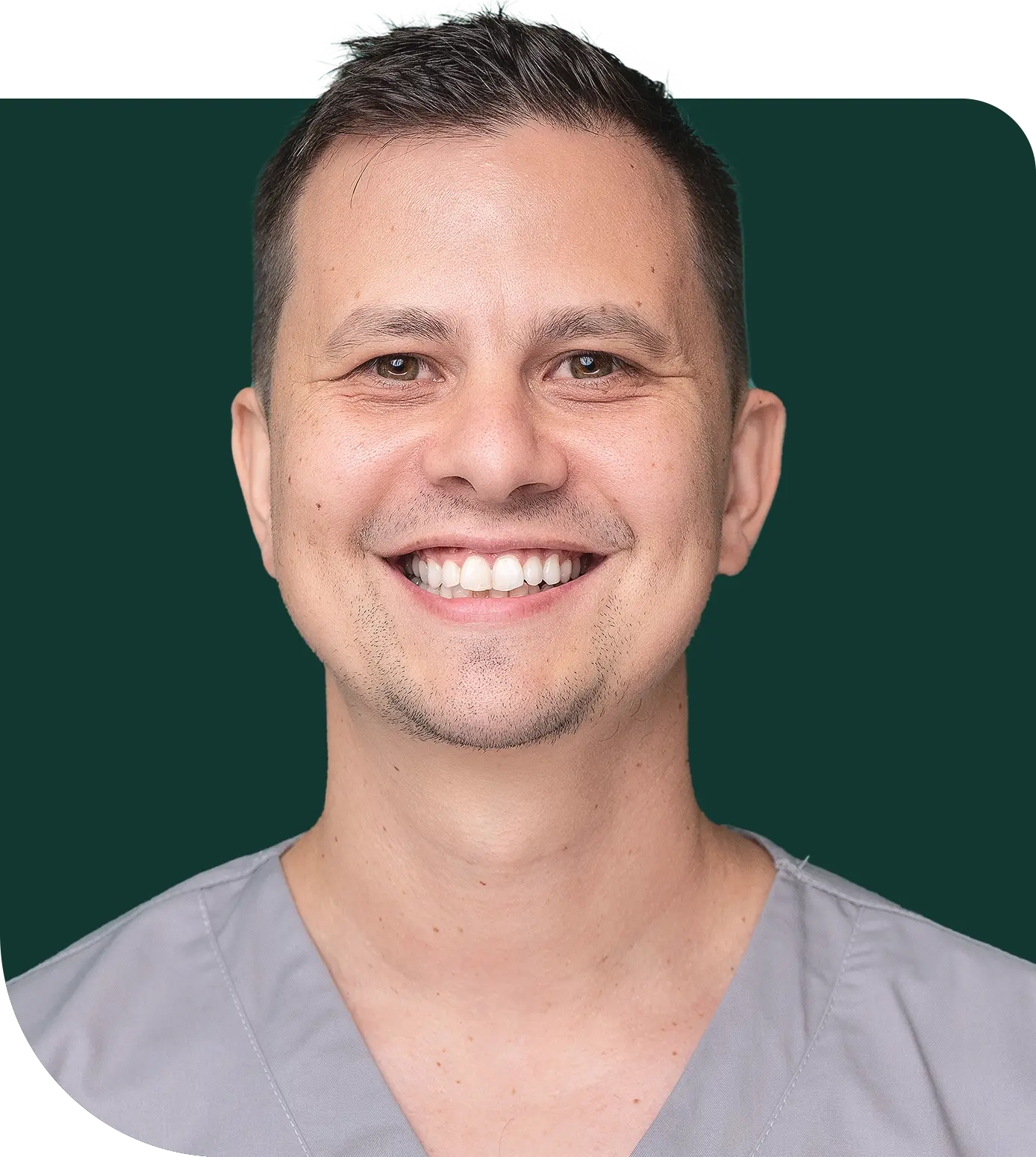
MDDr. Ing. Ján Tulenko
Chirurg-implantológ
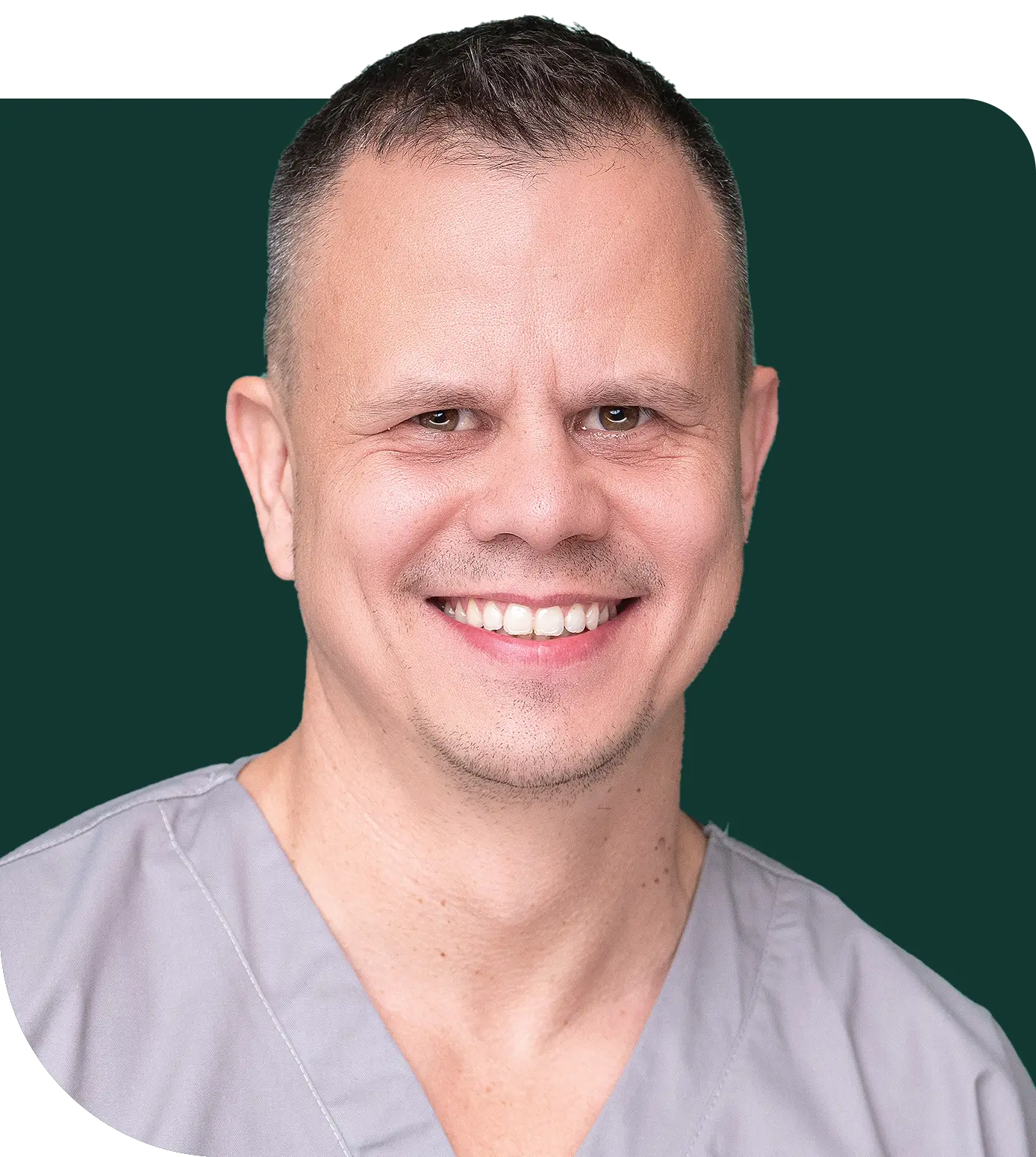
MUDr. Marián Tulenko
Chirurg-implantológ

MDDr. Dana Václaviková
Zubná lekárka
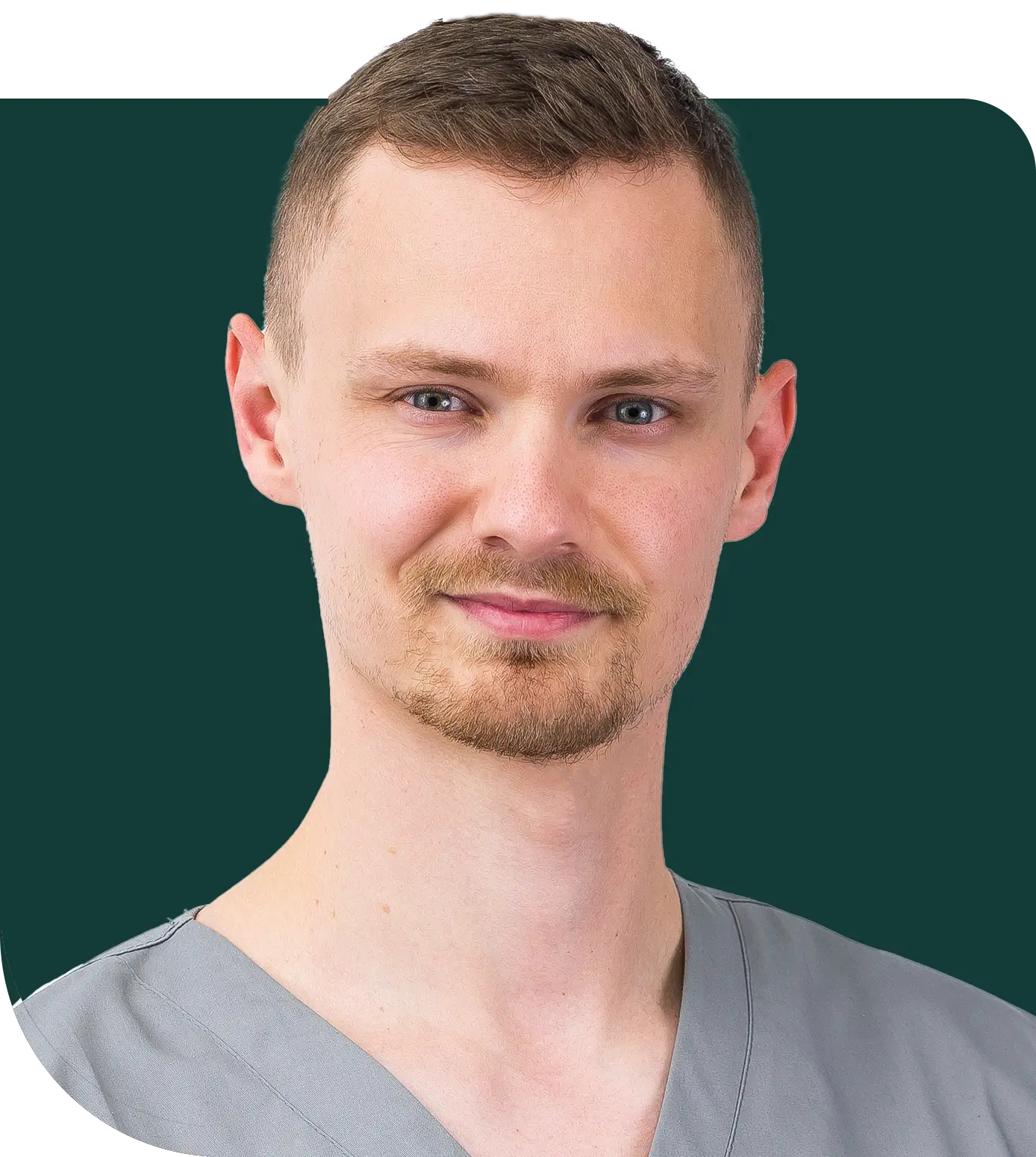
MDDr. Ján Šimon
Zubný lekár

MUDr. MDDr. Filip Kubec
Dentoalveolárny chirurg
Klientom meníme
životy k lepšiemu
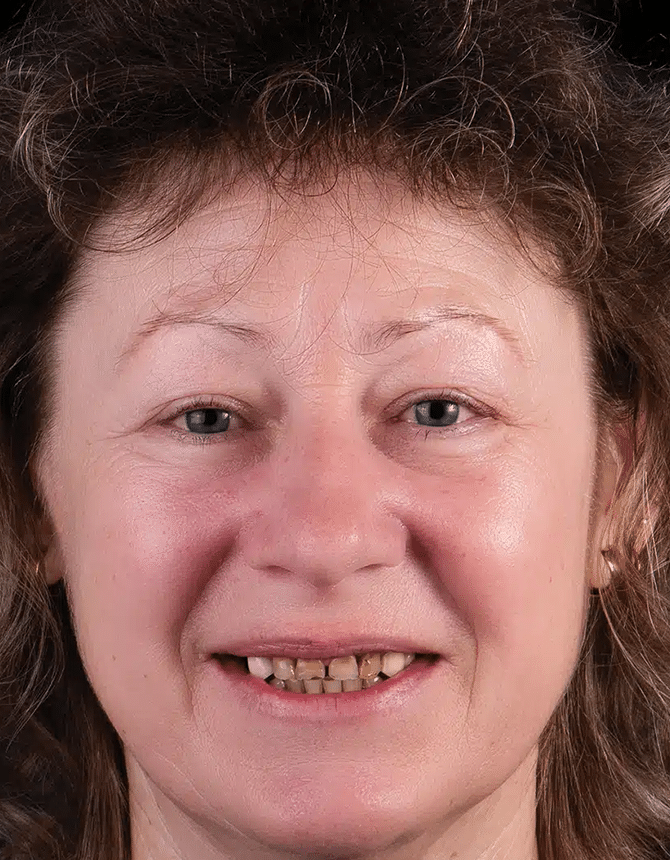
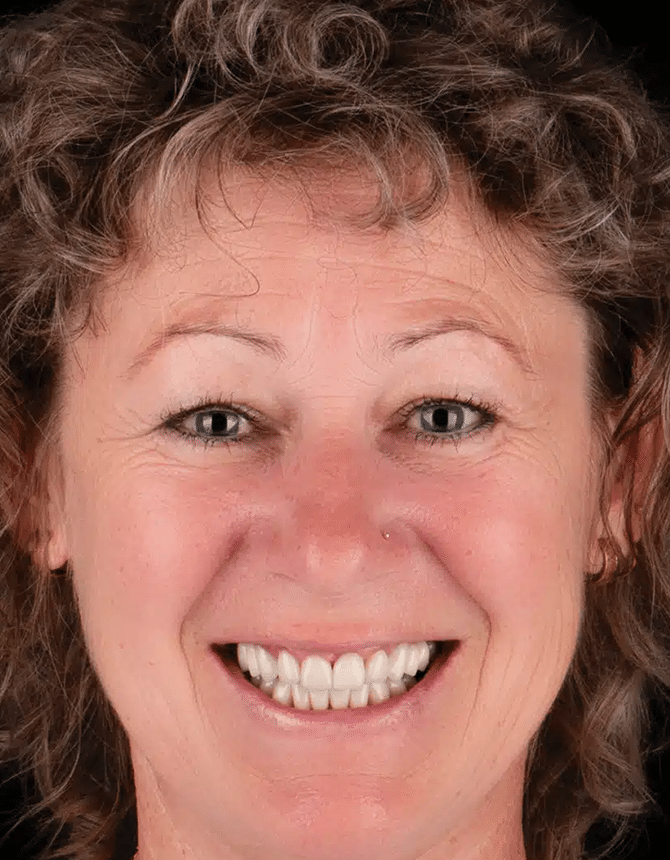
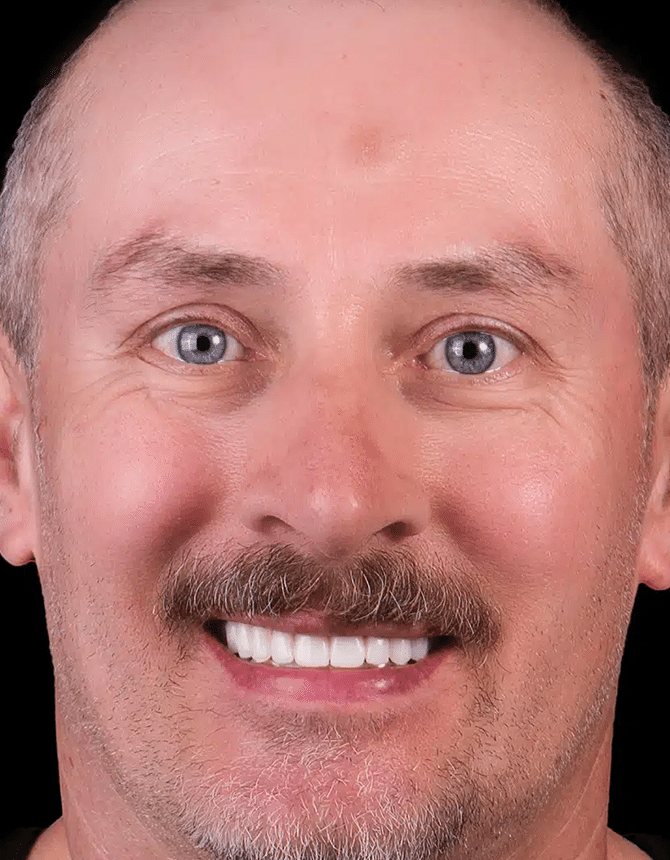
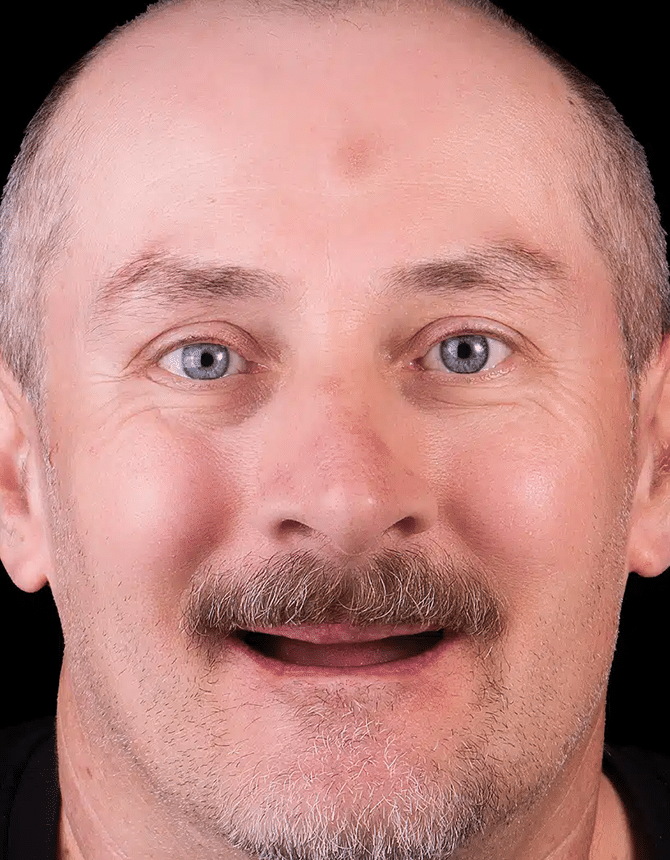
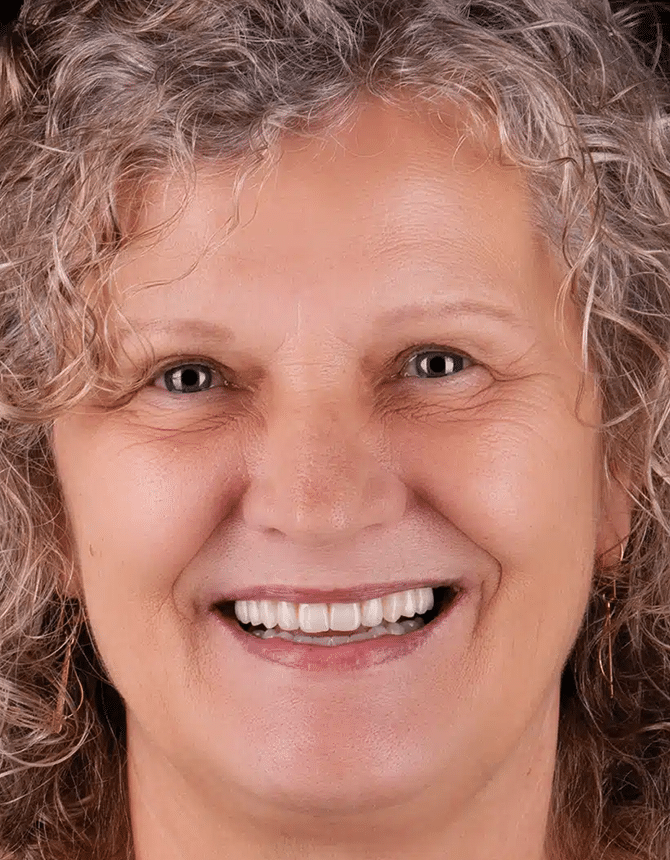

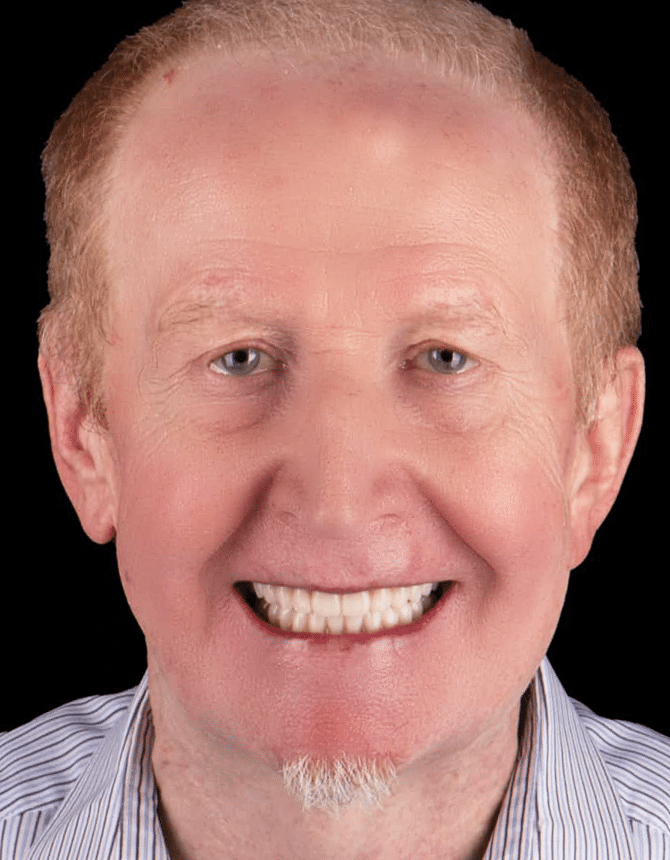
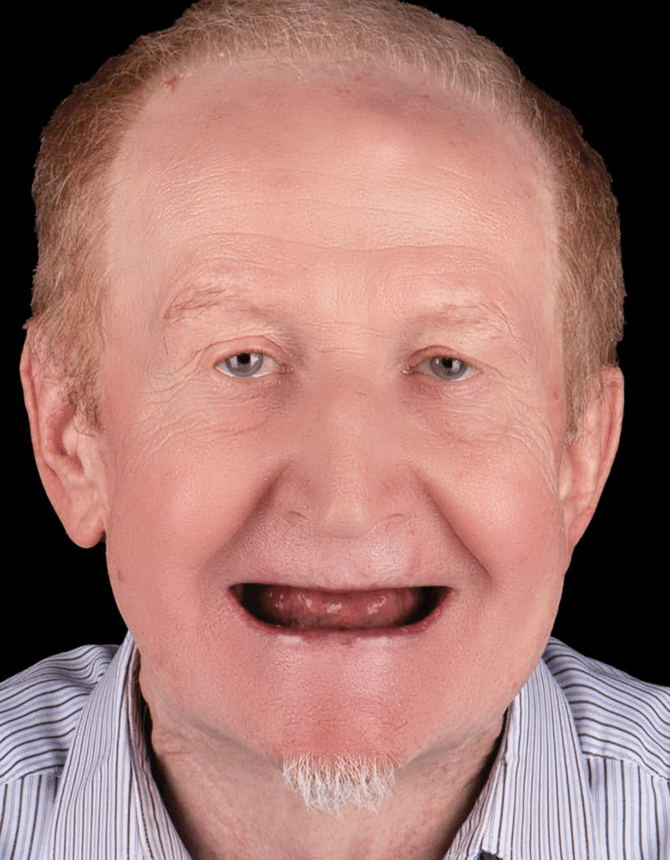
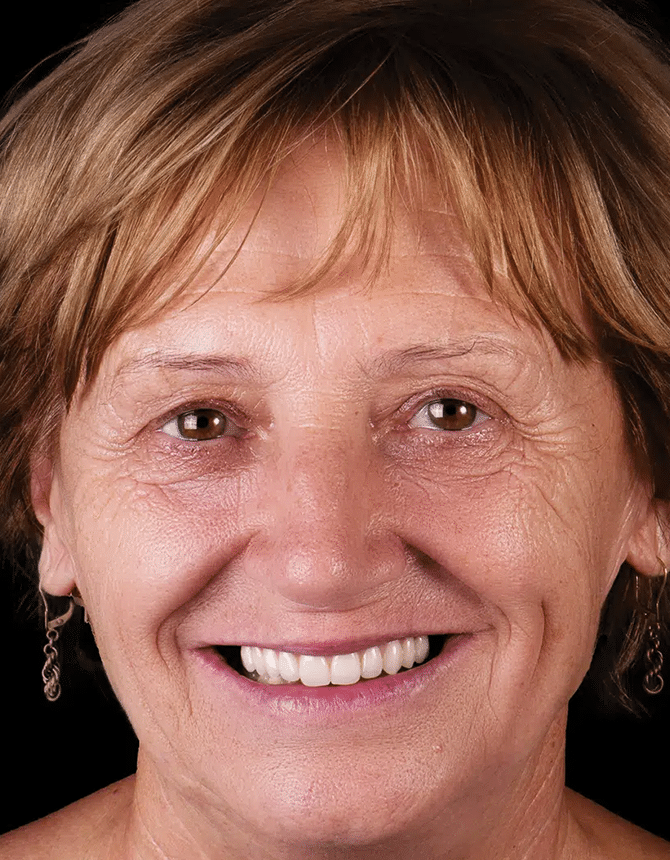
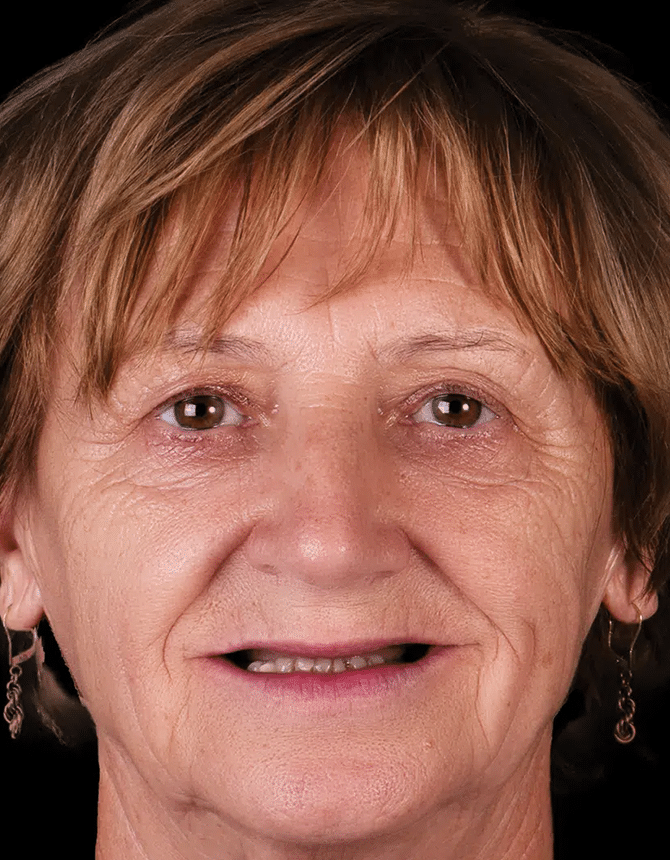
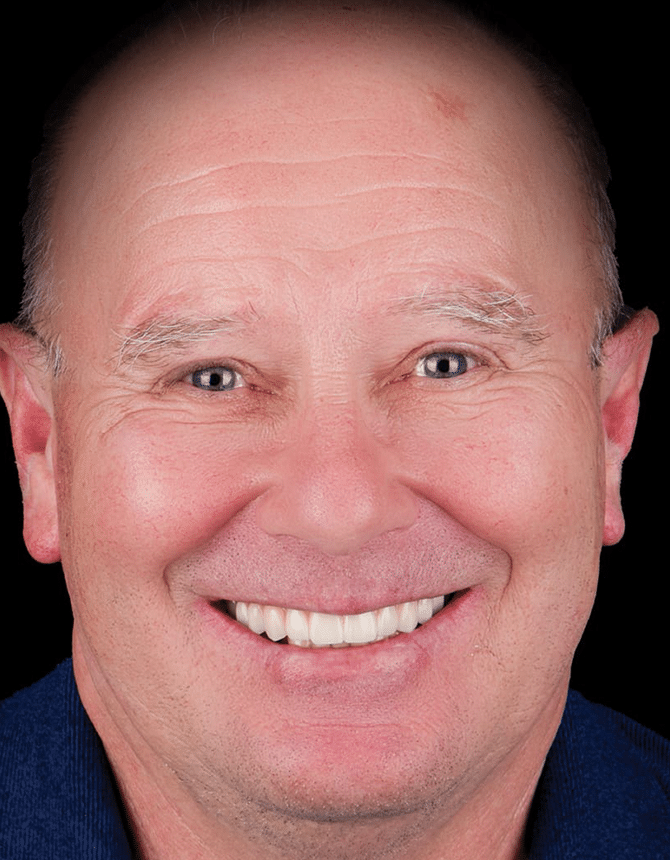
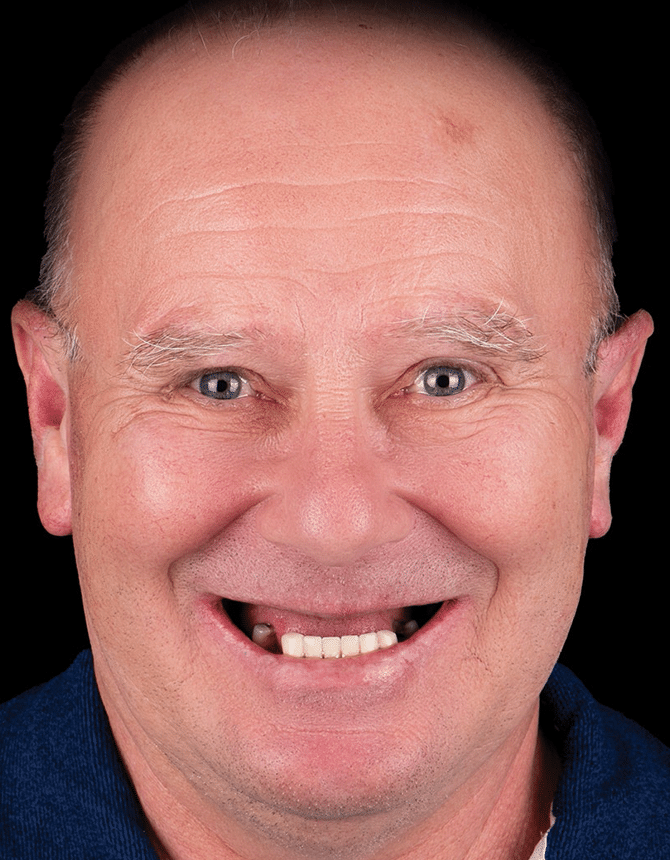
Klientom meníme
životy k lepšiemu










Prihláste sa na
odber noviniek
Odoslaním súhlasíte so spracúvaním e-mailovej adresy a/alebo telefónneho kontaktu na účel zasielania komerčných a nekomerčných správ.
Smart
od západu na východ
